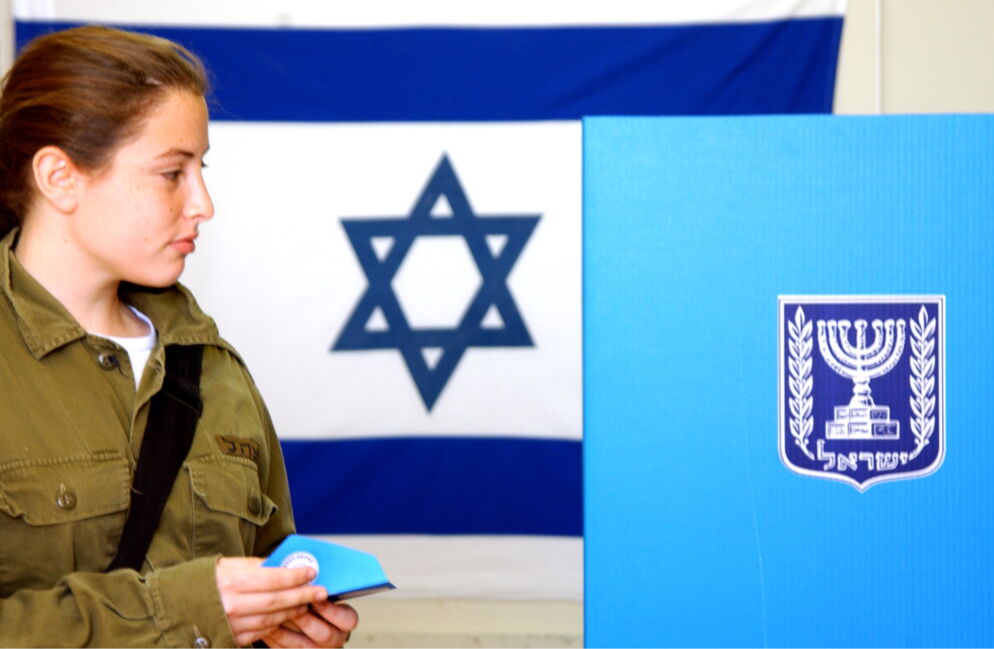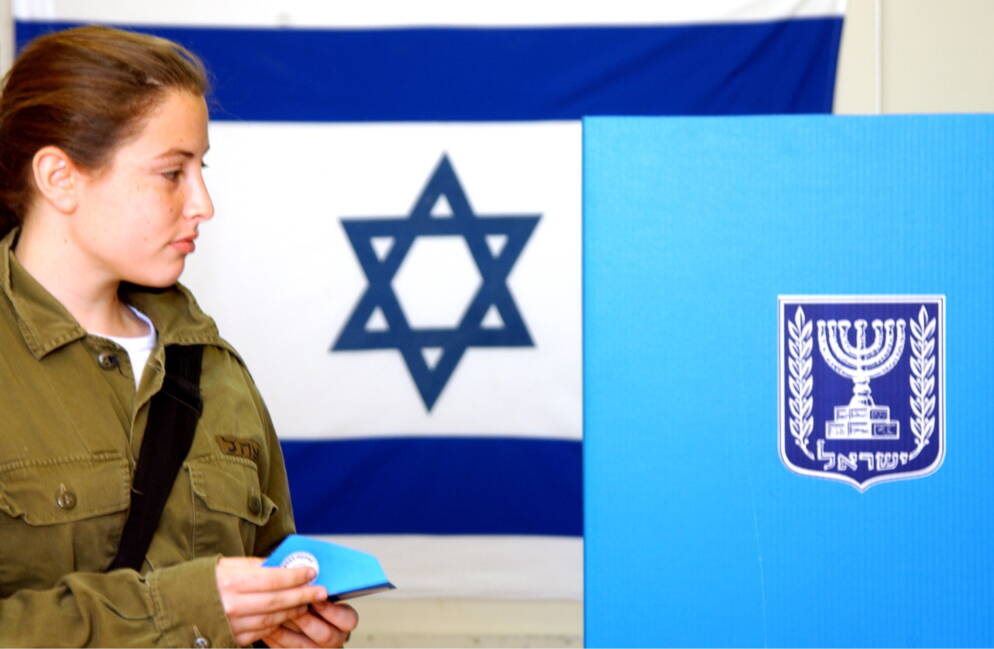 היום, 26/3 , נערכוAn IDF soldier casts her ballot in the Israeli elections in March 2006. (Photo credit: wikicommons/Israel Defense Forces)
היום, 26/3 , נערכוAn IDF soldier casts her ballot in the Israeli elections in March 2006. (Photo credit: wikicommons/Israel Defense Forces)
Democracies are most vulnerable when citizens begin to doubt they are fair. As Israel approaches another national vote, a steady stream of journalists, jurists and opposition leaders has warned that Prime Minister Benjamin Netanyahu and his coalition partners are eroding safeguards around the ballot box. Yossi Verter, a seasoned political analyst, recently sounded such an alarm, portraying a government bent on manipulating the process.
He is not alone. Politicians like Yair Lapid and Naftali Bennett, commentators across the spectrum and legal experts have voiced similar fears. Their warnings deserve attention, but they should not be mistaken for prophecy.
Verter and his peers describe a coalition behaving like a crime syndicate: introducing bills to hobble the courts, tilt the Central Elections Committee, disqualify Arab parties and punish boycotts, while ministers berate police commissioners, prosecutors and judges. The portrait is alarming. Yet it conflates what is possible with what is inevitable.
Postponing an election, for instance, requires 80 of 120 Knesset members — an implausible supermajority in today’s fractured parliament. Even narrower measures face multiple readings, committee scrutiny and judicial review. Many of the most extreme proposals have already stalled, not because their authors relented, but because coalition partners could not agree on priorities.
It is also misleading to treat every proposed judicial reform as a direct assault on democracy. For decades, Israelis across ideological lines have debated whether the Supreme Court’s expansive use of the “reasonableness” doctrine and its role in appointing judges gave unelected officials too much power. The current coalition has pressed these arguments to excess and timed them with obvious self-interest. But the notion that some recalibration of powers between elected representatives and judges might be warranted is not itself proof of authoritarian intent. The danger lies not in raising such questions but in trying to settle them through sweeping, one-sided legislation.
Still, none of this minimizes the seriousness of intimidation or cynical maneuvering. Efforts to strip courts of oversight, sideline the attorney general, or shut Arab citizens out of the political system are corrosive and must be resisted. Netanyahu’s past attempts to draw the Shin Bet into partisan battles were disgraceful and cannot be repeated. These are the very reasons so many voices are raising alarms.
Yet Israel retains meaningful counterweights: a mobilized civil society, a combative press, independent jurists and political actors unwilling to underwrite democratic vandalism. These checks do not guarantee safety, but they make apocalyptic predictions premature.
The more accurate picture is not of a democracy on the brink of disappearance but of one entering a bruising election season. The campaign is likely to be noisy, litigious and fraught with attempts to bend the rules, on both sides. Yet a canceled or openly stolen election remains improbable under the current legal framework and political arithmetic.
Israel’s institutions remain bruised but intact, and its citizens are no strangers to struggle. The coming election will measure not just party strength but also the nation’s capacity to defend its own rules. That defense will not come from commentators or politicians alone but from ordinary Israelis who demand transparency, resist intimidation and insist that every vote be counted. Their determination has preserved democracy before. We are confident they will be able to do so, again.
